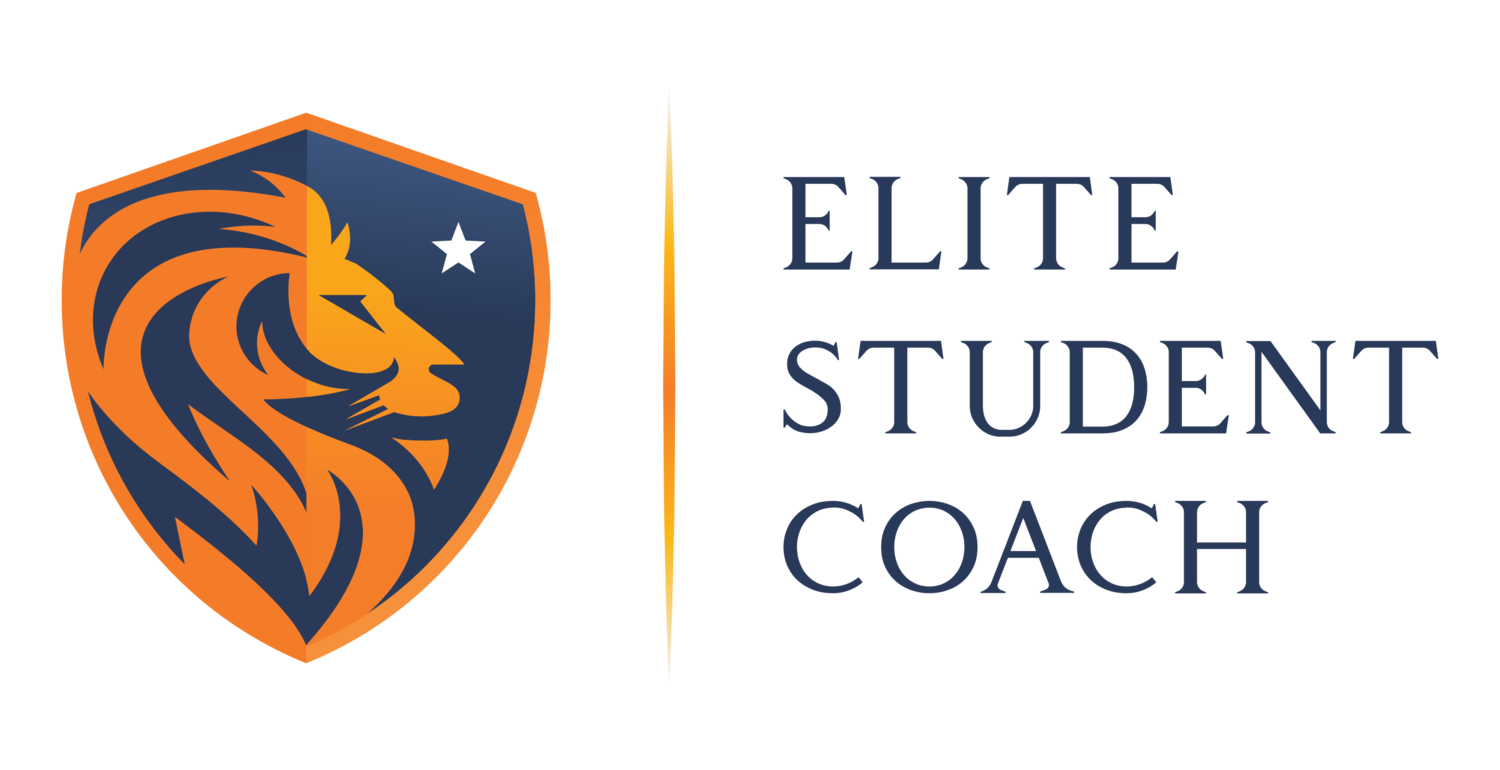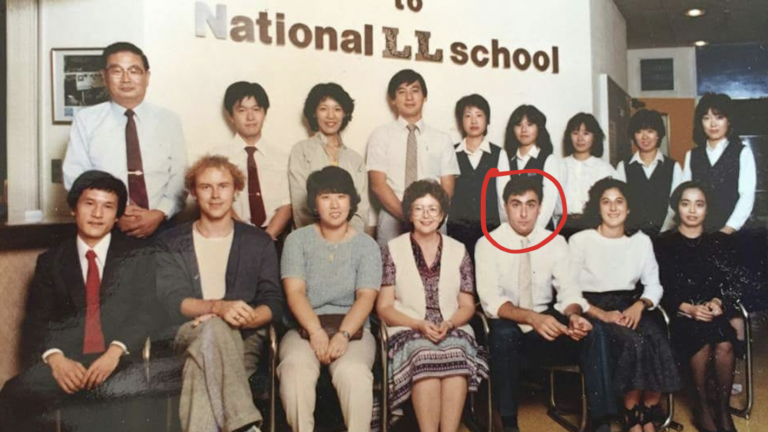I recently sat down with Saad Allahwala in Pakistan to talk about my journey, what other cultures can teach us about professional growth, and how our program, Elite Student Coach, is helping dozens of Indian and Pakistani students achieve their dreams.
From my early days in Newton, Massachusetts, to diverse global experiences that have taken me from the bustling streets of Osaka to the halls of academia in Philadelphia, each step has been instrumental in shaping my approach as a mentor.
Connections Are Everything
Growing up in Newton, a suburb of Boston, I was nurtured in an environment that placed a high premium on education.
Massachusetts has a reputation for great universities and high schools. So perhaps it’s there where I got the itch to teach and mentor students.
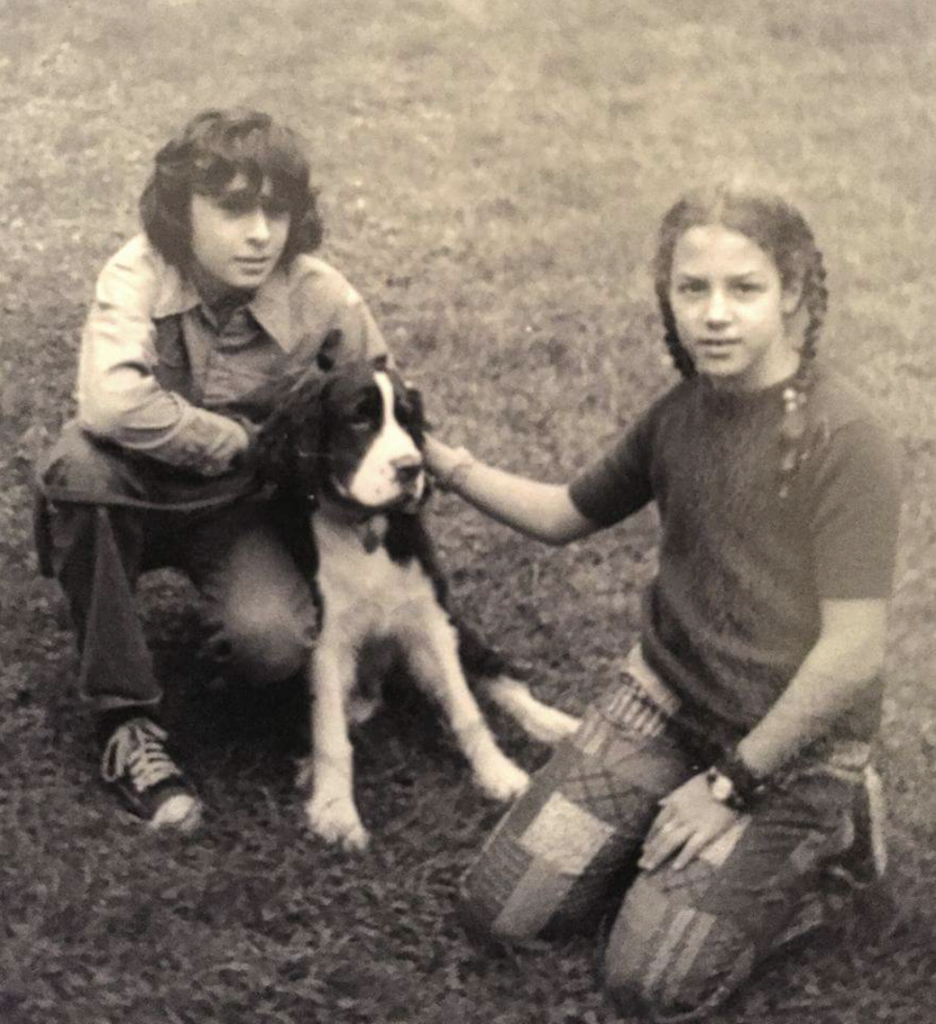
Members of my family had attended Harvard and so there was a quiet expectation that I would follow in their footsteps and stay in Boston.
My very first mentor was John Ripley, my woodworking teacher when I was just five years old.
This early experience with mentorship took place in a humble but deeply impactful setting—a woodworking shop, where I learned not just the craft but also the value of creating something with your own hands.
I vividly remember the first project under Mr. Ripley’s guidance—a simple yet significant piece of work. We crafted a color wheel, a project that seemed straightforward but was filled with lessons in creativity and patience.
I held crayons against the wood as it spun on the lathe, watching the colors blend and swirl into a vibrant design. That piece, which I proudly gave to my father, became much more than just a school project.
It was a symbol of creation and inspiration that he cherished throughout his life, and I have kept with me ever since.
My other childhood mentor was Max Maven.
It was on a boat ride around Boston Harbor that I had the fortune of meeting Max.
Max was not just a magician; he was a storyteller, and his deep, commanding voice made every trick seem like a portal into another world.
Max Maven was to magic what rock legends are to music.
Imagine having Paul McCartney or Elton John come over to your house weekly to teach you music—that was the caliber of mentorship I received from Max in the realm of magic.
From simple card tricks to complex illusions, he guided me through the nuances of performance and the psychology behind magic, which is deeply intertwined with human perception and emotion.
The impact of his mentorship was profound. Max didn’t just teach me tricks; he taught me how to captivate and engage an audience, how to hold their attention and lead them through an experience that they would find unforgettable.
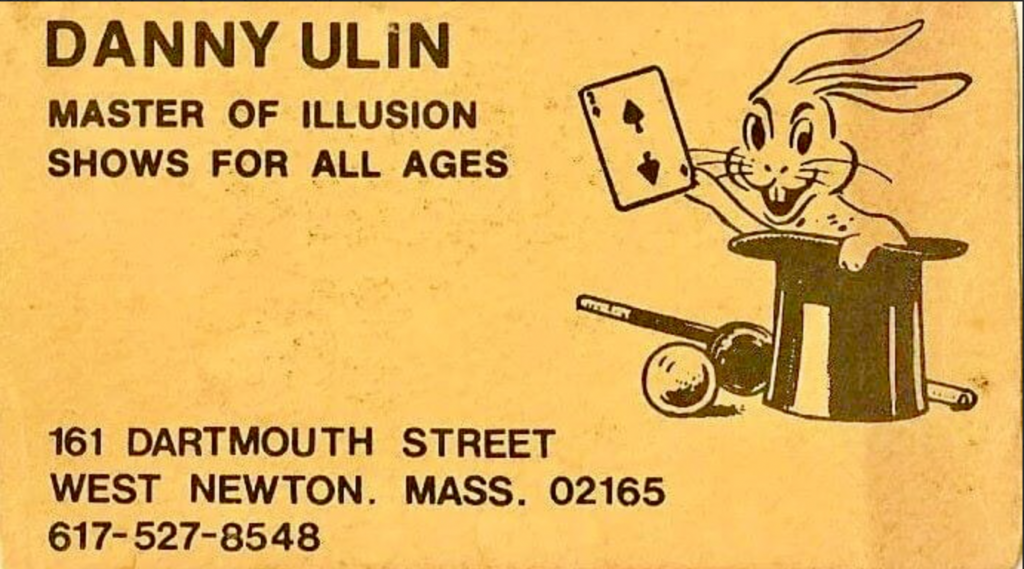
I like to think that I’ve kept these lessons with me even today.
In 11th grade I transferred from a public school in Newton, MA to a private school in Cambridge called Buckingham Browne and Nichols where I learned even more.
But these early experiences were not just foundational; they were transformative, pushing me to reach beyond the comfortable and familiar.
The fact of the matter is – many folks believe that you can succeed with only hard work and dedication.
When the reality is that if you have a mentor or someone in your corner rooting for you – it makes everything so much easier.
Don’t Be Afraid to Leave Your Comfort Zone
My pursuit of knowledge led me to the University of Pennsylvania.
This was of course, a big deal to my family. After all, why would I leave the education mecca of Boston to study somewhere else?
Part of it was expressing independence. And looking back, had I stayed I’m not sure my life would’ve panned out the same way.
During my time at Penn, I learned invaluable lessons both inside and outside the classroom.
One of the most significant lessons was the importance of disciplined study and the rigorous application of one’s skills
Under the guidance of esteemed instructors and mentors, I was pushed to refine my writing and critical thinking skills, which are crucial in any field.
The program’s structure and the high expectations instilled a work ethic that has been instrumental in my professional life.
Simply put – studying at Penn taught me the value of a diverse intellectual community.
Being surrounded by students and faculty from various backgrounds and disciplines exposed me to different perspectives and ideas, enriching my own understanding and appreciation for a broad range of subjects.
This environment fostered a sense of curiosity and open-mindedness that I have carried into my mentoring career.
The decision to return to Penn for my MBA at Wharton and later a Master’s in Clinical Psychology was driven by a desire to deepen my understanding of human behavior and marketing—fields that, at their core, require an understanding of narrative and motivation.
The MBA program sharpened my strategic and analytical skills, preparing me for the complexities of business and entrepreneurship.
Meanwhile, the Clinical Psychology degree provided me with insights into human development and psychology, equipping me with the tools to better understand and support the individuals I mentor.
Working in Japan Opened My Eyes to Another Culture
Post-college, I decided on taking a job in Japan.
My decision to move to Japan was fueled by a deep-seated curiosity about a culture different from my own.
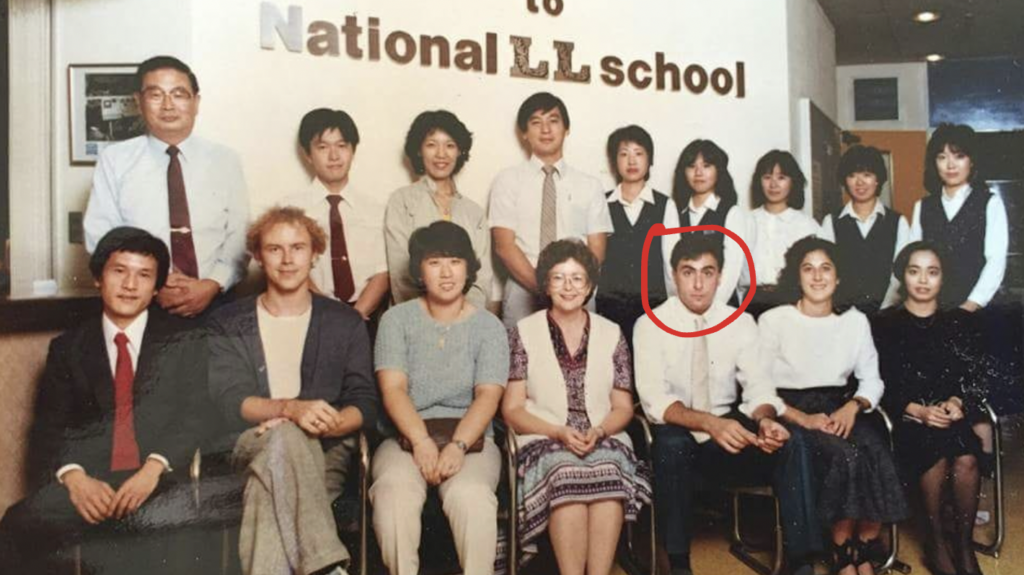
The lure of Japan was strong; it was a country rich in history, tradition, and technological advancement.
My interest was particularly piqued by stories I heard from my father, who had his own experiences in Japan during the aftermath of the Korean War.
His tales of the vibrant culture, the disciplined lifestyle, and the kindness of the Japanese people left a lasting impression on me. I wanted to experience this first-hand, to learn from a society that was so different yet so advanced in many ways.
Japan represented not just a geographical shift but a pivotal test of my adaptability and resilience.
Upon arriving in Japan, I initially settled in Osaka. Here, I took a job teaching English, which was a common entry point for many foreigners.
Teaching Was Just the Start
I was hired by a joint venture between Panasonic (known locally as Matsushita Electric) and the Japanese Department of Education to work on developing educational software and programs to improve English proficiency among Japanese students.
Living and working in Japan as a “gaijin” (foreigner) posed its unique set of challenges.
The most immediate was the language barrier. Despite studying Japanese before and during my stay, mastering the language was a formidable task, particularly the various levels of politeness and formality embedded within it.
Professional settings required a level of linguistic finesse that took years to develop, and I didn’t have it yet.
Being one of the few white guys in a homogenous Japanese company, I encountered curiosity and, occasionally, skepticism about my abilities.
Proving my competence and earning my place involved not just working twice as hard but also being twice as accommodating in understanding and adapting to the local work ethic and social norms.
These experiences taught me invaluable lessons in humility, persistence, and the universal language of hard work and respect.
What Can Other Cultures Teach Us About Growth?
Reflecting on the myriad cultures I’ve immersed myself in, particularly during my transformative years in Japan, I’ve come to realize that other cultures offer invaluable lessons on professional growth.
Each cultural interaction has not only enriched my personal life but has also deeply informed my professional practices and mentoring philosophy.
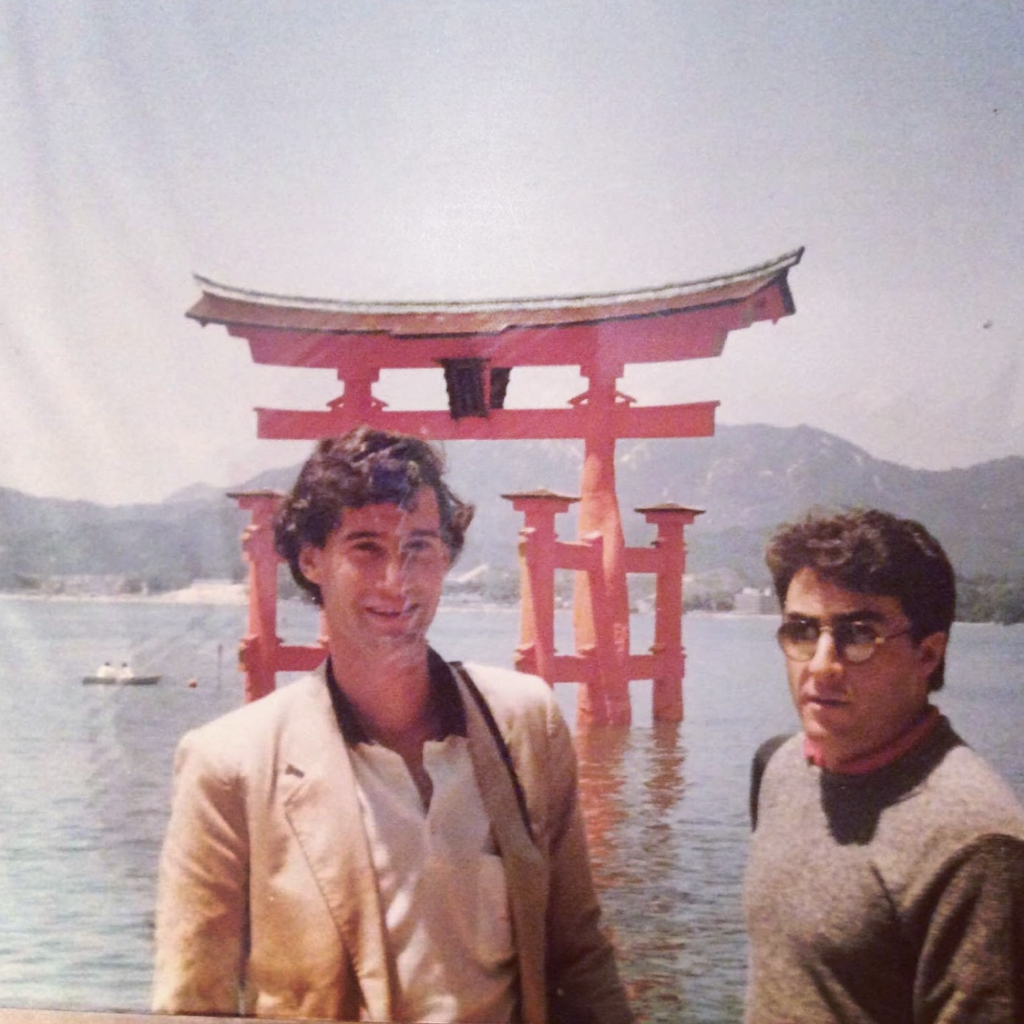
During this interview I was in Pakistan with Saad discussing opportunities for Indian and Pakistani students and parents.
Would this have even been a possibility 20 years ago?
India just overtook China as the most populous country in the world.
In Pakistan, students are being more connected than ever to the Western world and all the resources it offers for professional development.
As I mentor more kids from Indian and Pakistani households I’m reminded at the opportunities we have in the 21st century and the need to pursue them.
That’s Why I Started Elite Student Coach
Returning to the United States, I synthesized my diverse experiences and educational background to found Elite Student Coach.
I saw a unique opportunity to impact young lives directly, guiding them not just academically but also through the complex personal and social challenges they face.
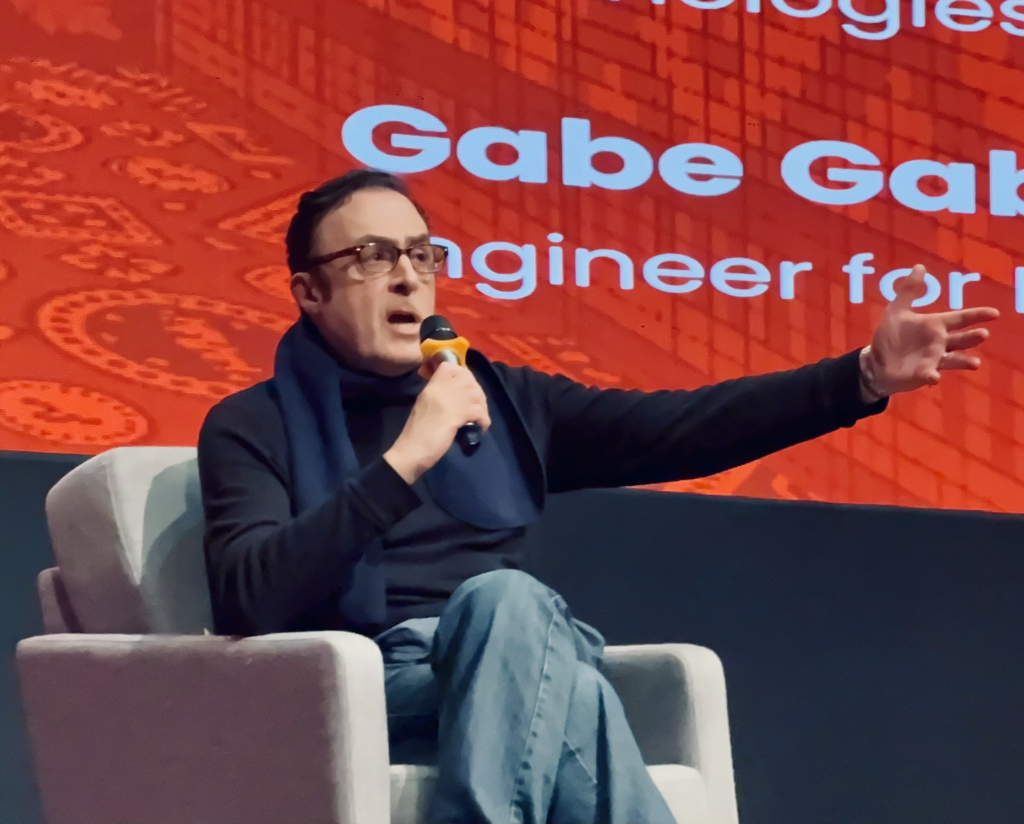
My approach is deeply rooted in the belief in every young person’s potential to achieve greatness.
I create a supportive environment where students can thrive, drawing on Carl Rogers’ concept of “unconditional positive regard” to foster a space of growth without judgment.
This includes:
Listening Actively: Paying close attention to what the other person is saying without preparing to respond or judge.
Accepting Feelings: Acknowledging others’ feelings without trying to change or correct them. This acceptance helps individuals feel valued and understood, enhancing their self-esteem.
Avoiding Judgment: Refraining from passing judgment allows individuals to explore their thoughts and feelings more deeply and fosters a safe environment for personal development.
Encouraging Openness: When individuals feel safe and accepted, they are more likely to share their true thoughts and feelings, which is essential for effective communication and deeper connection.
The most important thing we can do is offer young people a chance to live about to their abilities.
Had I not traveled to Japan or had my own mentors growing up, I doubt I’d be in the position I am today. It’s for that reason parents apply to have their child mentored by Elite Student Coaching.
In a globalized worlds, learning from other cultures to succeed in business is more important than ever, and it’s our goal to train students to become the leaders of tomorrow through that.
Dan Ulin mentors exceptional college-bound teens to gain admission to the schools of their dreams and achieve lifelong success.
The admissions landscape has become maddeningly complex for kids and parents alike. Dan addresses this problem by streamlining the process and empowering enterprising teenagers to navigate the college prep and applications hedge maze, earn higher grades and test scores, become confident, world-class communicators, learn how to mentor others, acquire and monetize critical entrepreneurial skills, sharpen their critical thinking faculties, maximize their productivity, and showcase their talents.
